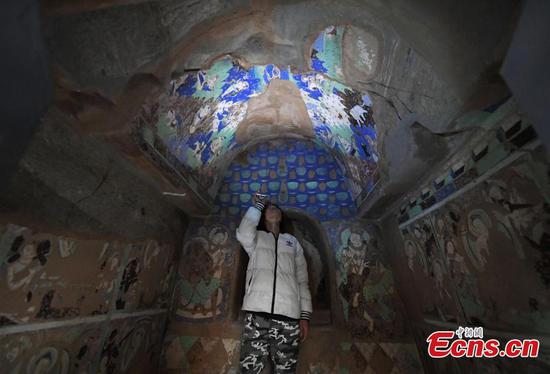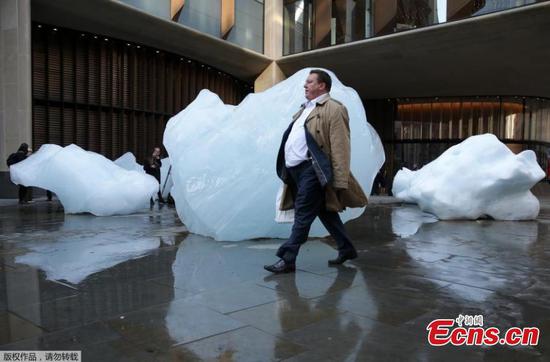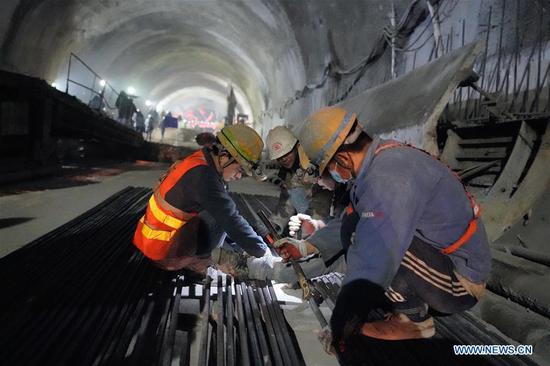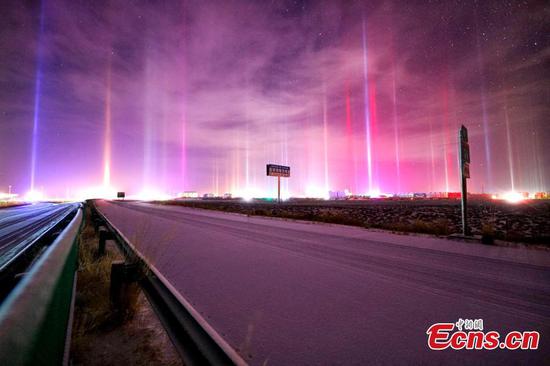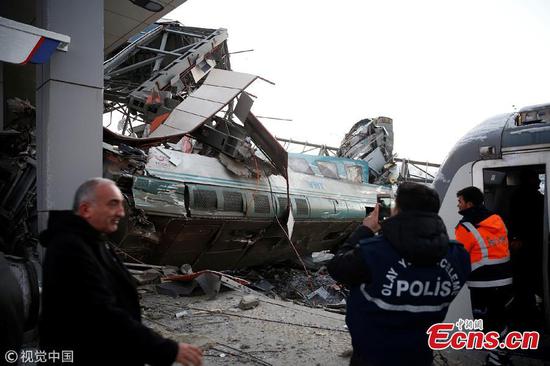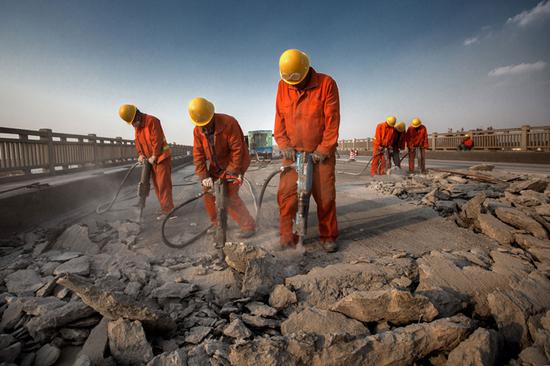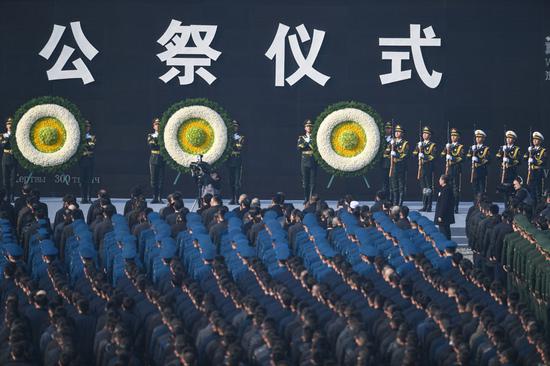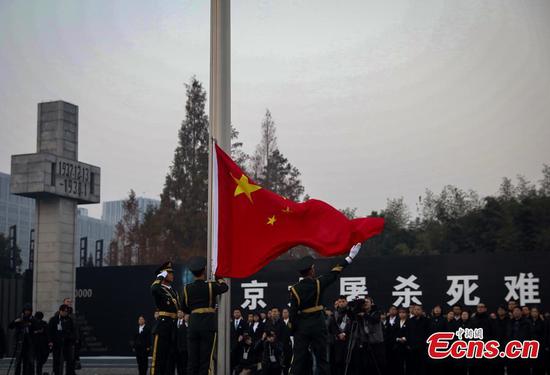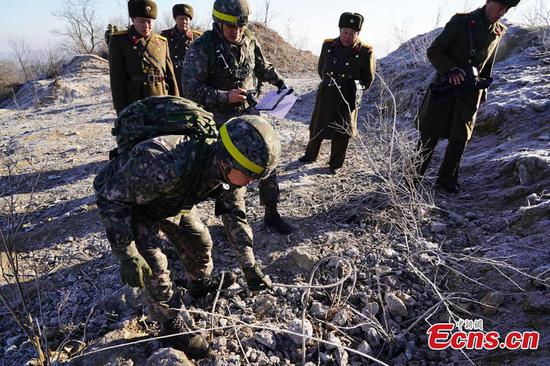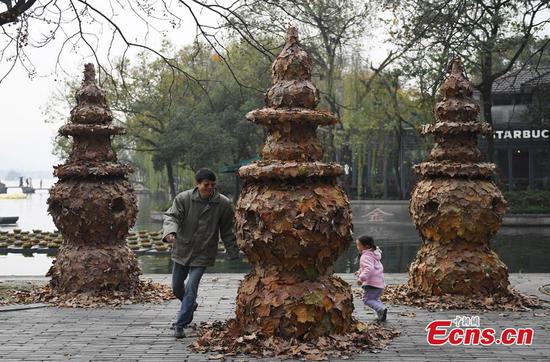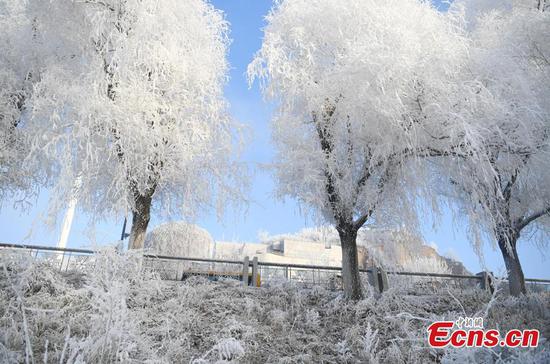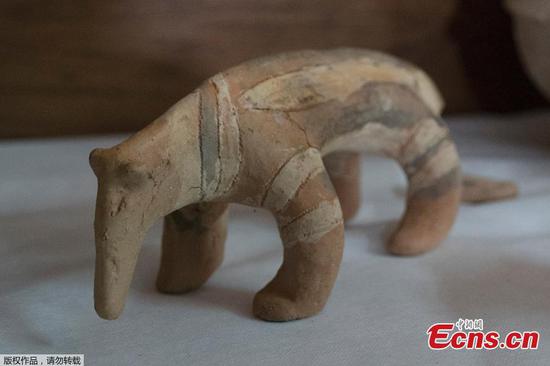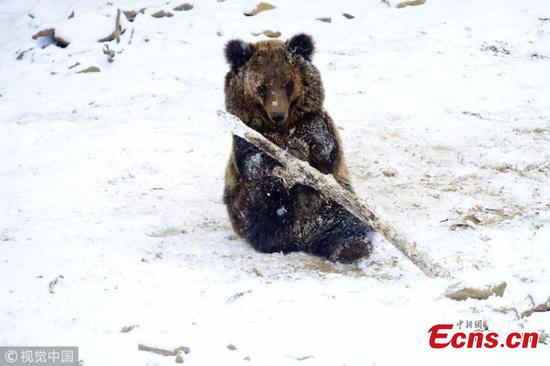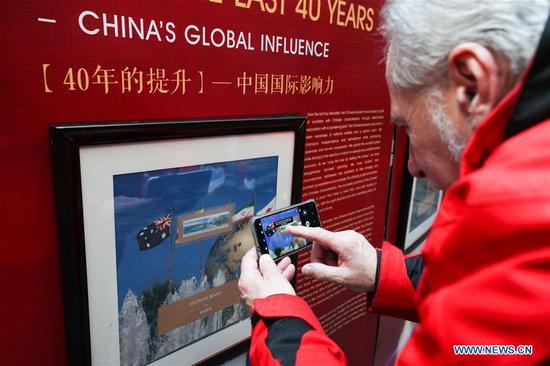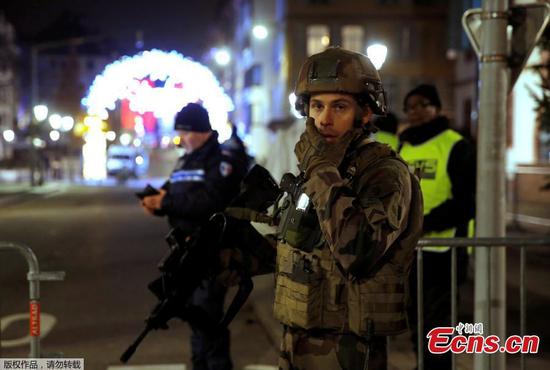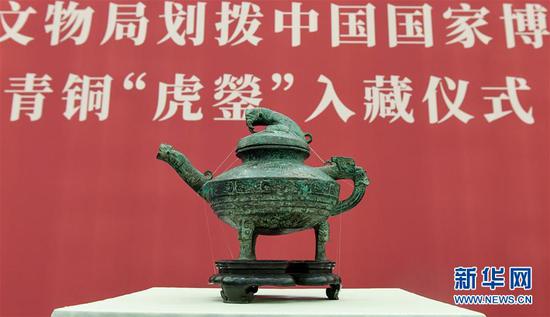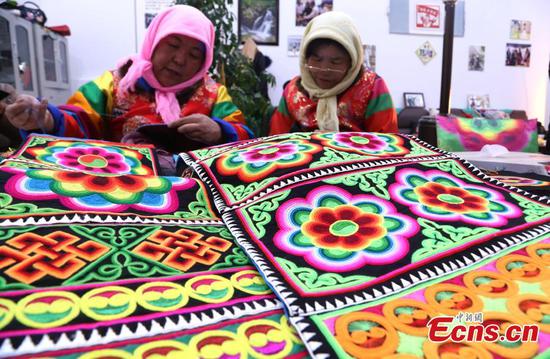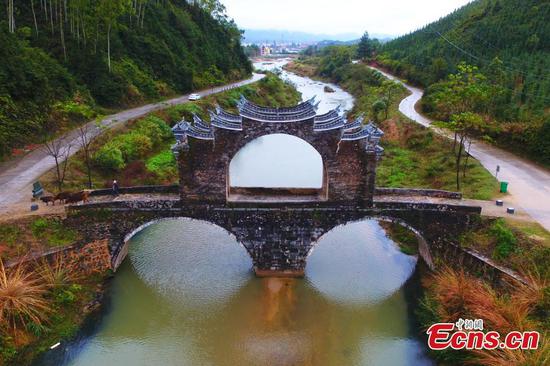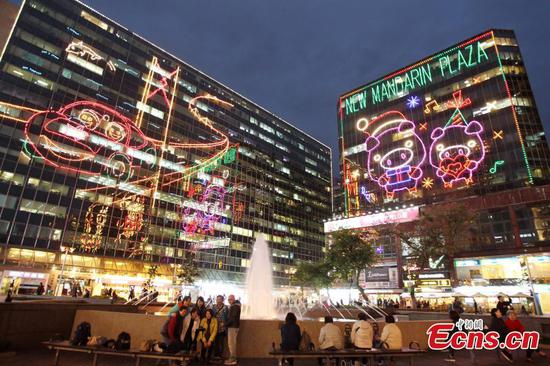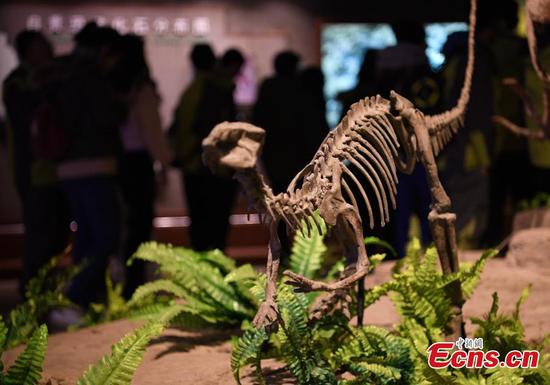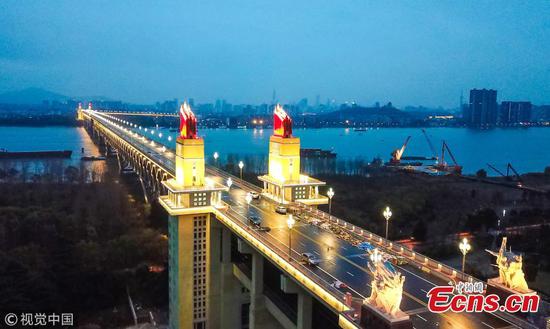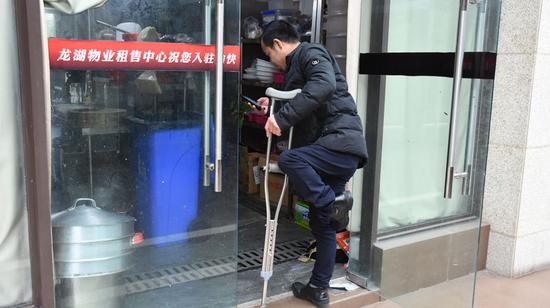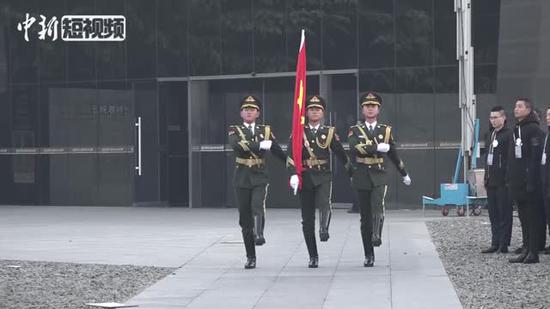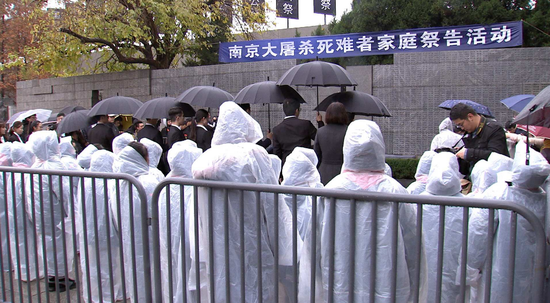
Survivors of the Nanjing Massacre and victims' families attending a memorial before the state memorial on December 13. (Photo/CGTN)
History told by textbooks is often cold and distant but history told by people has the power to touch hearts.
When it comes to recounting memories of December 1937 in Nanjing, people's account of events becomes even more important.
Eighty-one years ago on December 13, Nanjing, then capital of the Republic of China, fell into the hands of imperial Japan, whose soldiers ruthlessly looted the city, raped women, tortured civilians, and killed more than 300,000 people.
Lu Hongcai, 86, lost his mother, two grandparents and three other family members to the massacre at the age of five.
"When the Japanese came, they pointed at the big wok, stove, and bed [looking at] my grandma, who thought they were asking why she was alone in a big house. She couldn't understand Japanese. They proceeded to burn the house down, then found the rest of the family hiding in a silo, and shot them all to death," said Lu.

Survivor Xia Shuqin visiting a "wailing wall" with victims' names in the Memorial Hall of the Victims of Nanjing Massacre. (Photo/CGTN)
Most survivors of the Nanjing massacre are now in their 80s or 90s. Twenty of them passed away in 2018, leaving less than 80 behind who are able to provide a first-hand account of the atrocities the Nanjing people experienced in the winter of 1937.
"I am old, but I still want to come," 89-year-old Xia Shuqin, another survivor, insists on paying a visit to the memorial hall dedicated to the memory of those who lost their lives to the massacre. "I want justice for those who died. All I am asking is that the Japanese leaders come to visit the memorial hall and apologize."
And that unresolved trauma is what keeps Xia Shuqin and many like her fighting tirelessly to keep their memory alive.










